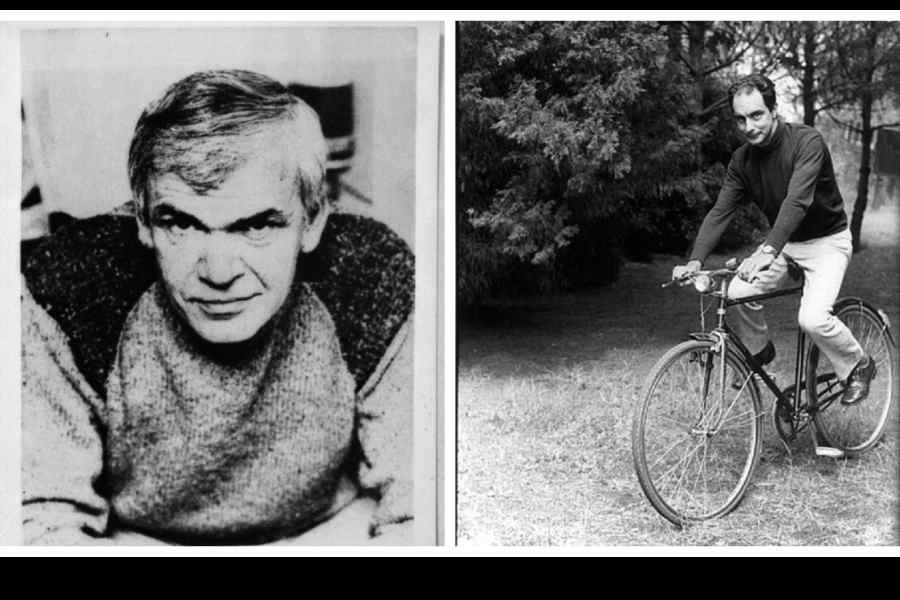Milan Kundera and Italo Calvino, the Czech-French and Italian writers, respectively, share more convergences in their thought processes than has been discussed. These convergences are relevant to such contemporary developments as Artificial Intelligence, mass media and content creation. As early as 1986, Kundera pointed out, “Once elevated by Descartes to ‘master and proprietor of nature’, man has now become a mere thing to the forces [of technology, of politics, of history] that bypass him, surpass him, possess him...”
This argument can be illustrated through social media algorithms or Search Engine Optimisation dynamics. As content creators, humans often employ algorithms and SEO instead of exercising agency or choice: they are, as Kundera argued, possessed by, instead of possessing, the forces of technology.
Interestingly, in 1988, Calvino had emphasised the irreplaceability of the human mind too. In Six Memos for the Next Millennium, he wrote, “The motor age has turned speed into a measurable value, with speed records marking the history of the progress of machines and men. But speed of mind cannot be measured and does not allow for comparisons or competitions, nor can its results be ranked to give historical perspective. Speed of mind is valuable in itself, for the pleasure it gives those susceptible to such pleasure, not for any practical use it can be put to.”
Kundera’s and Calvino’s outlook on mass media and literary creation also shares multiple parallels. On literary creation, both are advocates of innovation, ingenuity and experimentation, characteristics that are discernible in their novels. Both writers concur that the novel is essentially a pursuit of knowledge — knowledge that has not yet been discovered — and that the novel also has an existential function. Both question the homogeneity of content that is produced by the demands of mass media and the publishing marketplace that, they argue, are contradictory to the spirit of literary creation. Kundera says that “the sole raison d’etre of a novel is to discover what only the novel can discover. A novel that does not discover a hitherto unknown segment of existence is immoral. Knowledge is the novel’s only morality.” Further, he emphasises that “the novel is incompatible with the totalitarian universe…The world of one single Truth and the relative, ambiguous world of the novel are molded of entirely different substances. Totalitarian truth excludes relativity, doubt, questioning; it can never accommodate what I would call the ‘spirit of the novel’.”
In Six Memos for the Next Millennium, Calvino writes, “In each of these talks I’m choosing a particular quality dear to my heart to recommend to the next millennium, and today the quality I want to recommend is this: In an age dominated by other media that are much faster and more pervasive and that risk flattening all communication into a single, homogenous crust, the function of literature is to communicate among different things in terms of their differences, exalting rather than diminishing their differences, which is the proper role of written language.”
In a world that is moving towards a greater degree of homogeneity and systematisation in terms of mass media production and content creation, it is instructive to revisit the views of Kundera and Calvino as they foresaw an era in the history of human civilisation where humans might become a passive recipient of technological forces instead of retaining the proactive, creative agency that can master technological forces. Kundera and Calvino’s outlook also reminds us of the need to create technology that works for the upliftment of humankind instead of the other way round.
Manjima Misra is a writer based in Delhi










